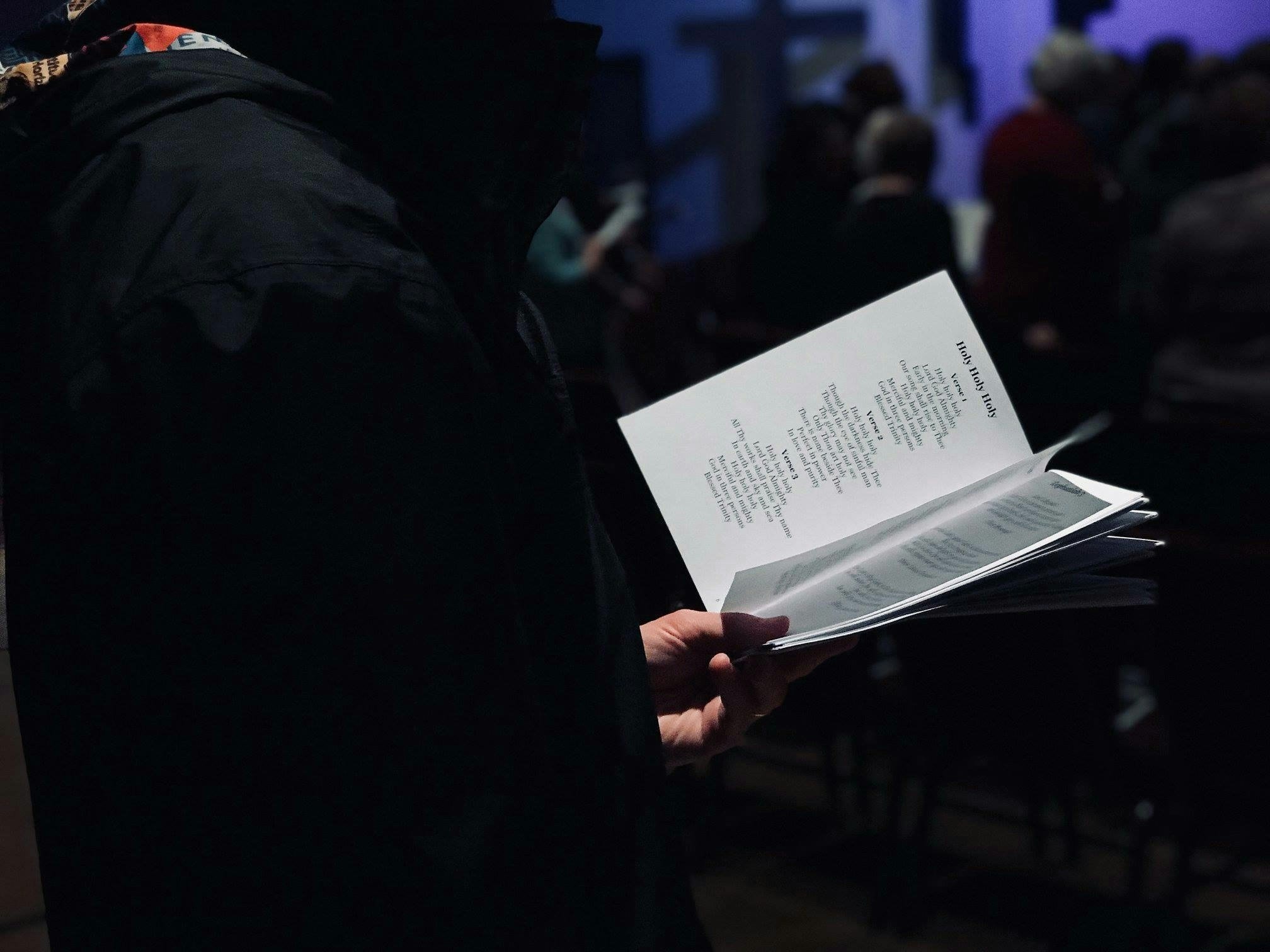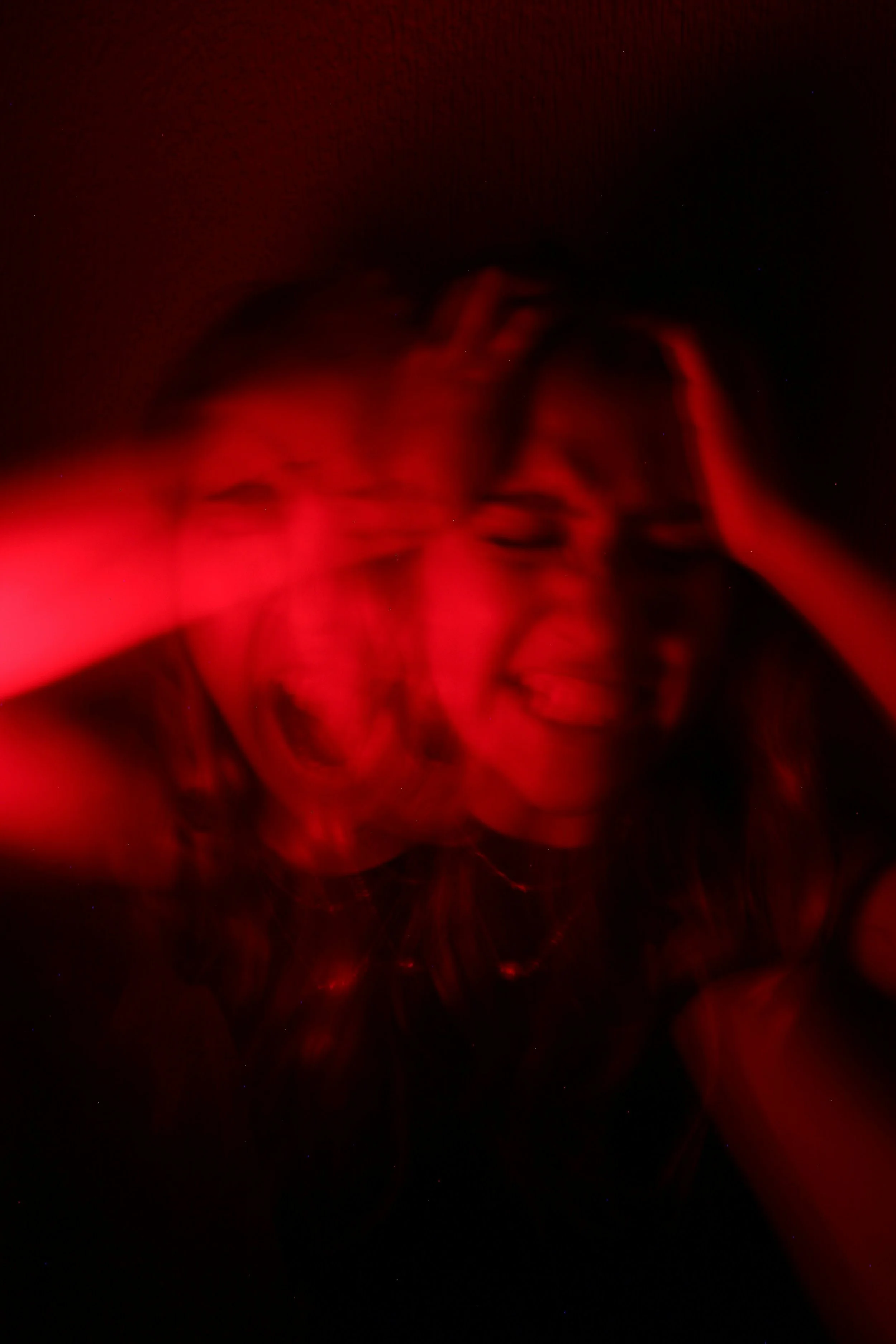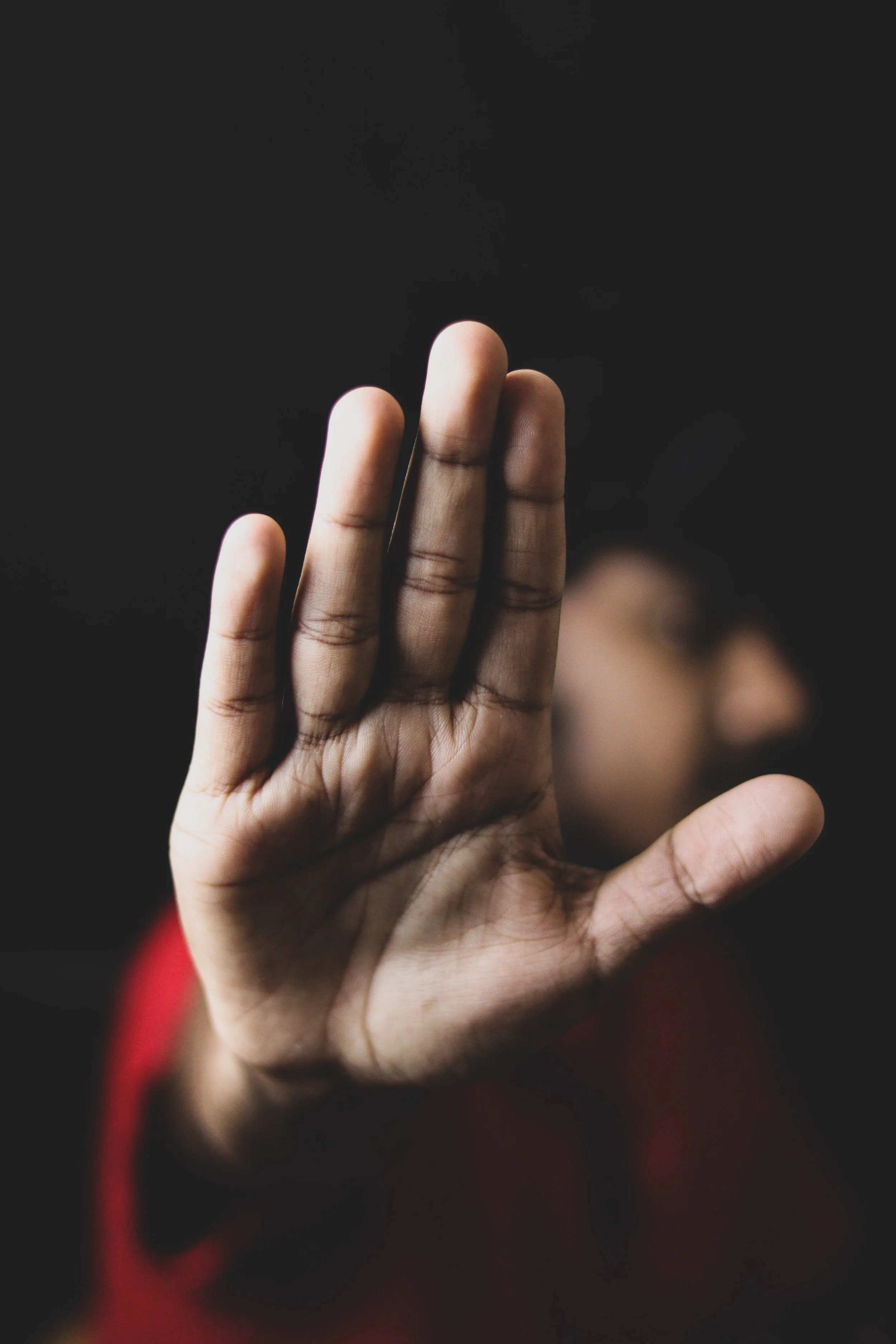Jehovah's Witnesses exposed: Child abuse and intrusiveness
Known for their door-to-door evangelism, Jehovah witnesses visit and Jehovah Witnesses blood transfusions refusal, the true issues within this religious community are far more subtle; Under the surface is a complex construct of a world within the world.
This article delves into Jehovah's Witnesses beliefs, psychological control, emotional manipulation and the religious trauma they can lead to, while also addressing some of the most frequently asked questions about Jehovah's Witnesses.
Jehovah witnesses beliefs and trauma
The community is frequently described as a close-knit family, but this sense of fraternity can hide an enforced senses of conformity while suppressing individuality.
Of course like in any religious group, the community is attractive as much to people looking for solid teaching to based their faith on, or vulnerable/ mentally fragile or pure psychopath looking for a group in which they can use religious beliefs as a morality passport while being real predators.
Members tend to heavily rely on group approval, through Jehovah's Witnesses convention, or by studying Jehovah's Witnesses bible as much as they can during their free time, if not doing their daily Jehovah's Witnesses visit; Moreover as the elders and teaching demonise money and personal accomplishments, those invasion of your privacy infiltrating your world views and requiring your undivided attention/ of devotion can essentially lead to sabotaging your potential to fit into the group mould;
Some sort of internal competition can also be low key happening between the religious members to appear as more spiritual.
Religious trauma is a term that describes the psychological harm caused by rigid control, manipulative teaching, fear-based discipline and authoritarian religious practices; This trauma can manifest in a variety of ways, including anxiety, depression, OCD , PTSD and can even lead to suicide in most extreme cases.
Is there a connection between religious trauma and OCD?
The rigid and fear-based teachings of Jehovah's Witnesses can lead to OCD, Obsessive-Compulsive Disorder; because members are constantly concerned about following the strict rules and avoiding sin, feeling ungrateful when finally listening to themselves, obsessive thoughts and compulsive behaviours can rise. Stating as hyper vigilance and quickly escalating into full-blown OCD, making it difficult for individuals to break free from the organisation's mental hold, as they are questioning themselves and live in excessive shame for having dreams or desires.
The constant pressure to conform, combined with the threat of eternal damnation for noncompliance, fosters a toxic environment in which emotional abuse is common; Those who question or deviate from the group's teachings frequently face severe consequences, including excommunication and disfellowshipping—a type of rupture isolating them from family and friends. Children are especially vulnerable to this type of abuse because they are intimidated by the community level of involvement in their private life and frequently heavily watch over - disguised as religious love.
Jehovah's Witnesses and Child Abuse: A Hidden Epidemic.
Child abuse within the community goes further than Jehovah witnesses and birthdays or other celebrations being prohibited: Despite its outward appearance of piety, the community has faced numerous allegations of child sexual abuse.
The problem is exacerbated by the organization's strict reporting policies. Victims are frequently discouraged from contacting authorities and instead instructed to report the abuse to the elders of the congregation, elders who are only men and often well aware of the abuse if not participating themselves in the abuse.
The community make it seem like a betrayal from the victim to be denunciating the evil ways of abusive members; This practice not only protects the abuser but also perpetuates the cycle of abuse, leaving victims with significant psychological scars.
The intersection of religious trauma and sexuality.
Members also tend to suppress personal expression or sexuality as they fear being judged by the community.
Sexuality is another area in which Jehovah's Witnesses maintain strict control. The contrast between the community's rigid teachings and the hidden sexual abuse, frequently instil deep confusion, feelings of guilt and shame to the members trying to navigate their dating life in a healthy way.
LGBTQ+ may also experience severe trauma because of religious bullying: The organisation equates homosexuality to sin, resulting in rejection from brainwashed family members , psychological manipulation and emotional abuse for those still dependant on Jehovah witnesses rules to lead their life.
This type of trauma can have long-term consequences, such as depression, anxiety, and a distorted sense of self-worth.
Navigating Life After Jehovah's Witnesses:
The Path of Healing Leaving Jehovah's Witnesses is more than just a physical act; it is an emotional and psychological journey that demands enormous strength and courage- from people who have been isolating sometimes for decade of the real world, living until then in an isolating religious bubble.
The process of unlearning fear-based beliefs and rebuilding one's identity can be extremely difficult; However, with the right support, you can recover from religious trauma and reclaim your life.
Life coaching, therapy, and religious abuse support groups designed specifically for survivors of religious trauma can give you the tools you need to overcome your past and embrace your new, authentic self.
Frequently Asked Questions About Jehovah's Witnesses:
Why jehovah witnesses don't celebrate birthdays: Jehovah witnesses and birthdays: Those celebrations are what Jehovah's Witnesses believe to be pagan traditions and thus offending God.
What constitutes religious abuse? Religious abuse includes manipulation, control, and punishment in the name of religion, which frequently causes emotional and psychological harm.
Can Jehovah's Witnesses date outside of their religion? Jehovah's Witnesses dating policies are quite strict and members are strongly discouraged from dating outside their faith, as such relationships are thought to lead to spiritual corruption.
Where do the Jehovah's Witnesses come from? Charles Taze Russell founded the The Jehovah's Witnesses organisation in the late nineteenth century, in the United States where Jehovah's Witnesses headquarters ( called the Watchtower) still is.
Are Jehovah's Witnesses Christians? Technically yes but they do not identity as Catholics. Matter of fact they even think the bible refer to catholic as the empire of fake religion aka Babylon. They do not agree with many catholic teachings including the trinity and celebration like Christmas/ birthdays.
Religious trauma is a real and devastating result of authoritarian abusive practices that can be difficult to recognise to years internalising the abuse and maybe even living in denial if you’ve spend to much time with your abusers. The emotional and psychological hold of the organisation can that take years to untie; However, with the right religious abuse support group and resources, it is possible to develop your own sense of spirituality without the need for people approval. If you or someone you know is dealing with religious abuse, know that you are not alone, religious trauma recovery is available and healing is possible.
Contact Information for Religious Abuse Support:
If you have been abused, you must seek help and a religious support group can be a first step.
Religious Abuse Hotline (US): National Domestic Violence Hotline (Religious Abuse Support) - 1-800-799-SAFE (7233)
Religious Abuse Support Group (UK): Faith to Faithless - Provides support for those leaving or questioning their faith.
Religious Abuse Support Group (France): Le Refuge - Supports young people facing rejection due to their sexual orientation or gender identity.
Also la mivilude in France can be helpful if you are dealing with a cult or abusive religious group.
Religious abuse, especially among children, is a serious problem that should be reported to authorities or support groups.









